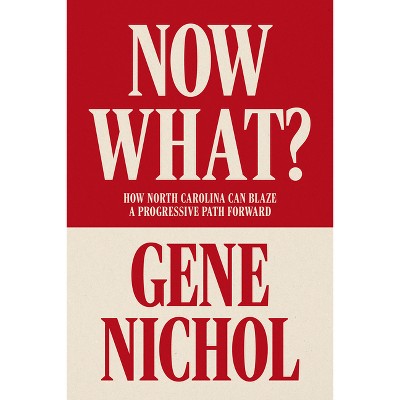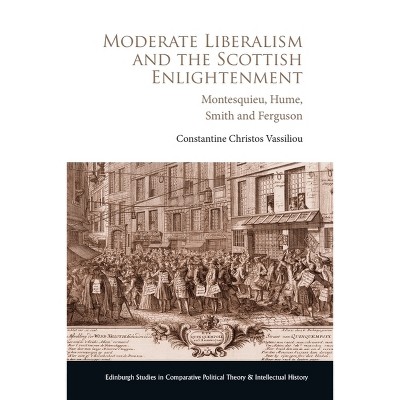Sponsored

Thomas Reid and the Defence of Duty - (Edinburgh Studies in Scottish Philosophy) by James Foster (Paperback)
Pre-order
Sponsored
About this item
Highlights
- Is morality a subjective matter, dependent on our desires and interests, or are there objective moral truths?
- Author(s): James Foster
- 224 Pages
- Philosophy, Individual Philosophers
- Series Name: Edinburgh Studies in Scottish Philosophy
Description
About the Book
Brings Thomas Reid into conversation with contemporary moral philosophy.Book Synopsis
Is morality a subjective matter, dependent on our desires and interests, or are there objective moral truths? And if the latter, can we explain the objectivity of morality without appeal to metaphysics, a robust teleology or divine command?
This book argues that we find just such an account of moral objectivity in Thomas Reid's Defence of Duty. To make this case, the book provides an explanation of Reid's way of philosophy and his reasons for rejecting moral subjectivism; presents Reid's account of the concept, perception, and motivational force of duty; and responds to contemporary challenges of moral subjectivism and moral pessimism from the perspective of his moral philosophy. Further, this book argues that if Reid is correct, then there is an urgent need to reform current pedagogical practice and return to the teaching of practical ethics.
Review Quotes
An enlightening, valuable, and significant contribution not only to the literature on Reid's moral theory but even more to important issues and debates running through the corpus of modern and contemporary moral theory.--Fotini Vaki, Ionian University "Eighteenth-Century Scotland"
The central thesis of James Foster's Thomas Reid and the Defence of Duty is that Reid was mostly right -- and Hume mostly wrong -- about the nature of right and wrong. Anyone who dogmatically denies the objectivity of moral distinctions ought to read Foster's book; it is lucid, lively and wise.
--Douglas McDermid, Trent UniversityShipping details
Return details
Frequently bought together


Trending Book Pre-Orders















